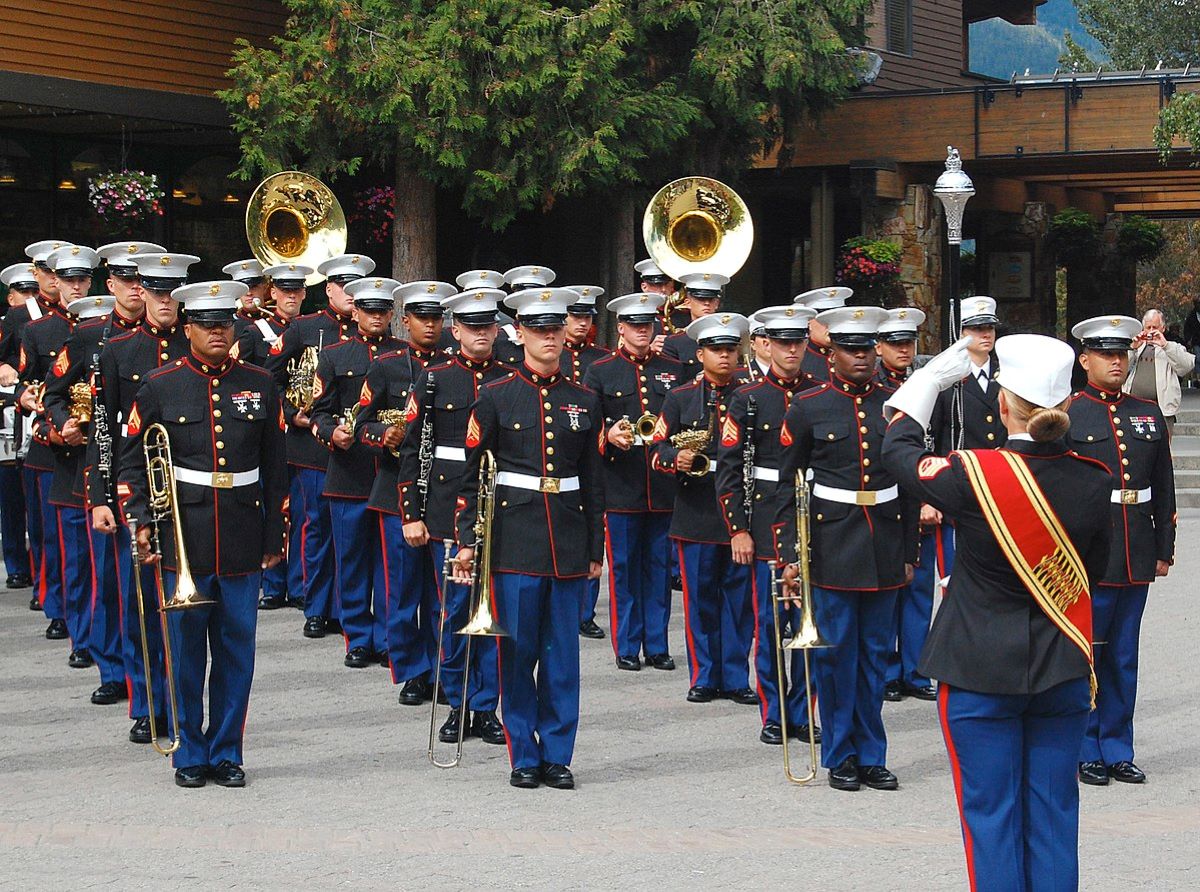303 Creative Brief Supports Freedom of Speech, References The Federalist
The Supreme Court’s landmark decision in 303 Creative LLC v. Elenis is all the more splendid given the firepower aimed against Lorie Smith, owner of 303 Creative. A heavily armed battery of adversaries filed amicus curiae briefs in support of Elenis. Most had a stake in state-enforced assent to homosexuality. Some were hostile to religious influence on the public square. Leading the offensive was the Department of Justice (DOJ).
Among amicus briefs taken under consideration by the Supreme Court, one deserves mention here: “Brief of Creative Professionals and George and Maxine Maynard.” Its Table of Authorities included a 2021 essay in The Federalist:
The majority opinion in 303 Creative restated particular arguments in the 2018 case Masterpiece Cakeshop v. Colorado Civil Rights Commission. It reaffirmed the fundamental obligation of state governments to observe the principle of religious neutrality. 303 Creative fortified the 2018 affirmation by asserting unequivocally every American’s right to live his religious convictions free from state-coerced speech that violates his conscience.
The state, again, was Colorado. It had hounded Jack Phillips, Christian owner of Masterpiece Cakeshop, for refusing to create a custom cake for a same-sex wedding in 2012. He was dragged through the courts until the Supreme Court vindicated him in 2018. Nonetheless, the case was decided on very narrow grounds.
The court determined that the commission had failed the constitutional requirement for religious neutrality. It was bigoted against Christians. However, the limited ruling skirted a crucial question: Can citizens be compelled to say, or suggest, something they do not believe? Activists could still use the Colorado Anti-Discrimination Act (CADA) against Phillips or any conscientious objector.
Lorie Smith’s Preemptive Move
Enter Lorie Smith, a Christian graphic artist and website designer. She had started 303 Creative to serve causes consistent with her convictions and interests (i.e., children with disabilities, veterans). Expanding her portfolio to include custom sites celebrating the Judeo-Christian understanding of marriage as one between a man and a woman set her in conflict with CADA.
In a gutsy, preemptive move, she challenged CADA in court in 2021. But the U.S. Court of Appeals for the 10th Circuit ruled against her. She then appealed to the Supreme Court of the United States. Her petition named Aubrey Elenis, director of the Colorado Civil Rights Division, plus eight additional co-respondents. Among these were Colorado Attorney General Philip Weiser and Jessica Pocock, a member of the Colorado Civil Right Commission. (In 2022, Pocock received an honorary degree from Colorado College for her work as a “queer activist.”)
Massive Backing for Defense
High-octane backing for Elenis and her co-respondents came from Solicitor General Elizabeth Prelogar. The fourth-ranking person in the Justice Department, she conducts all Supreme Court litigation on behalf of the United States. In effect, Prelogar acted as a proxy for Merrick Garland. After law school, she had clerked for Judge Garland on the U.S. Court of Appeals for the D.C. Circuit. She later secured Supreme Court clerkships for Justices Ruth Bader Ginsburg and Elena Kagan. Prelogar is powerfully connected.
Joining her brief on behalf of the United States was Principal Deputy Assistant Attorney General Brian Boynton, Deputy Solicitor General Brian Fletcher, and Assistant to the Solicitor General Colleen Roh Sinzdak. Four additional DOJ attorneys completed the roster.
Added artillery in support of Elenis was supplied by the American Civil Liberties Union, the American Bar Association, the National Association for the Advancement of Colored People, the American Psychological Association, and the GLBTQ Legal Advocates and Defenders. Other amici filing for the respondents included the National Association of Social Workers, the Colorado Psychological Association, and the National League of Cities. One hundred thirty-seven members of Congress joined in a single brief; so did a cohort of governors and mayors.
Various civil rights organizations combined to bolster Elenis. The Modern Military Association of America and Minority Veterans of America filed together. The Freedom From Religion Fund united with American Atheists and other irreligionists in a brief for the respondents. Individual civil rights lawyers and experts in public accommodation law banded together against the petitioner. The New York Bar Association entered its own amicus brief for the respondents. (Review the entire docket here.)
David had better odds against Goliath.
An attorney for Alliance Defending Freedom (ADF), the conservative advocacy group representing Smith, contacted me after reading my essay on this website. He asked if I would join other amici curiae to aid the court’s analysis of compelled speech applied to custom creative work.
Filed by ADF, “Creative Professionals” was an exceptional brief. It did not take sides on the parties involved. Instead, it argued for the primacy of free speech. A strategic move, it sidestepped the politics of same-sex marriage to assert the broader authority of unfettered speech and artistic expression. Because custom creative work is inherently self-expressive and communicative, it warrants First Amendment protection. The four “creative professionals” who signed the brief were a Christian tattoo artist; an award-winning, in-demand Muslim photographer; a custom baker in Florida; and me. The tattoo artist gladly works with any customer but will not create designs he deems dishonorable (i.e., racial or sexual slurs, vulgarity). The baker had fended off a litigious client who wanted a cake with an anti-homosexual theme. The photographer serves clients of all kinds but, given time constraints, occasionally declines commissions that are outside her deepest cultural sympathies. “Creative Professionals” quoted generously from my Federalist essay. It described the day a Jewish jeweler, his forearm tattooed with a concentration camp number, refused to inscribe my wedding ring with a specific passage from the Tanakh. He would not make the ring with Ruth’s words to Naomi (“wither thou goest I will go…”) unless my fiancé or I were Jewish. Neither of us is. What drew the ADF’s attention was that my fiancé and I acknowledged the man’s moral right to deny us what we wanted. The brief summarized:
The nonpartisan character of this particular brief made it an outlier among contending others. All the same, it mattered. It was cited twice in the Supreme Court’s final decision.
This article has been updated since publication.
" Conservative News Daily does not always share or support the views and opinions expressed here; they are just those of the writer."





